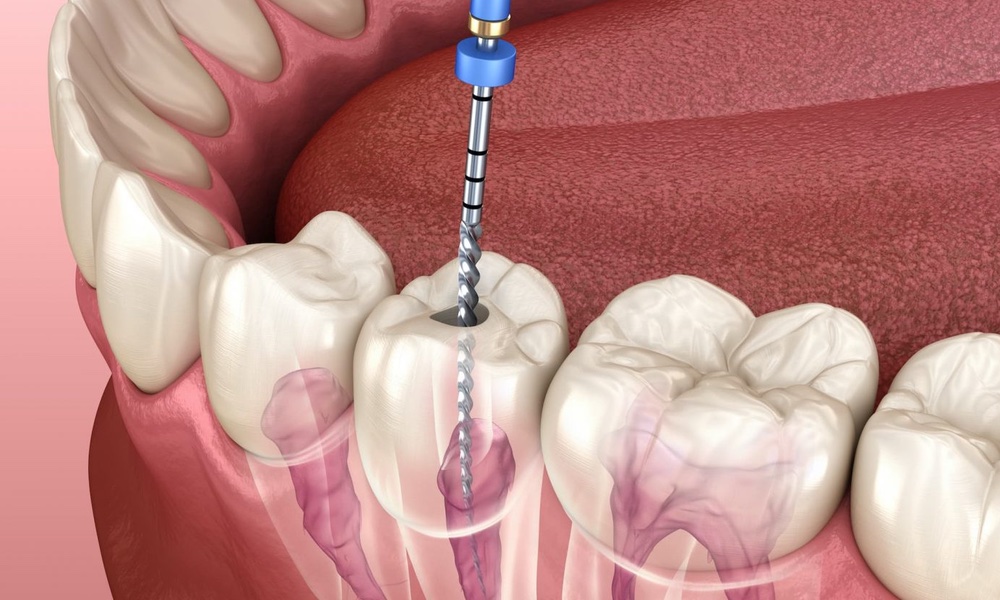There an interesting connection between women's reproductive development and their brain health. Brain scans from over 1,000 postmenopausal women showed that those who experienced menstruation at a young age and menopause when they were older showed slower signs of brain aging.
This extended reproductive period appears to be associated with a reduced risk of cognitive decline, researchers from Australia's University of Auckland found, potentially offering insights into strategies for preserving brain health in aging women.
Sex hormones like estrogen have long been suspected of playing a role in cognitive function, and this research helps solidify that theory with hard data.Women who with longer exposure to their naturally occurring estrogen — who had started menstruating earlier and reached menopause later — had greater overall brain volume and healthier white matter integrity.
“These findings support the idea that estradiol — the most potent and prevalent form of estrogen during a woman's reproductive years — may help protect the brain as it ages,” lead researcher Eileen Lueders, an associate professor at the University of Auckland's School of Psychology, said in a press release.
Estradiol influences everything from mood and memory to the growth and maintenance of brain cells. But it's certainly not the only factor to influence brain health.
Here are five science-backed ways women can support and protect their brain's health, particularly as they age:
-
1. Prioritize cardiovascular health. Get your heart pumping. What is good for the heart is great for the brain. High blood pressure, diabetes and high cholesterol all increase the risk of cognitive decline.
3. Keep learning. Challenging the brain with new skills, hobbies or formal education keep neural pathways fully active. Reading, learning a language, taking up music or puzzles, all promote the brain's resilience known as “cognitive reserve.”Estradiol influences everything from mood and memory to the growth and maintenance of brain cells.
4. Sleep like it matters because it does. During sleep, the brain clears out cellular debris, consolidates memories and repairs itself. Women, in particular post-menopause, are at higher risk for sleep disturbances. Prioritizing sleep hygiene — having a consistent bed time, making sure your room is dark and turning off screens before tucking in — all pay off with long-term brain health.
5. Manage hormonal heath mindfully. Talk to a healthcare provider about how hormonal changes, from perimenopause through post-menopause, might affect brain function. In some cases, hormone replacement therapy (HRT) may be beneficial, although it's not right for everyone.
The bottom line? Your brain could be more in-sync with your cycle than you think. The timing of menstruation and menopause could play a surprising role in long term cognitive health.
The study is published in GigaScience.





